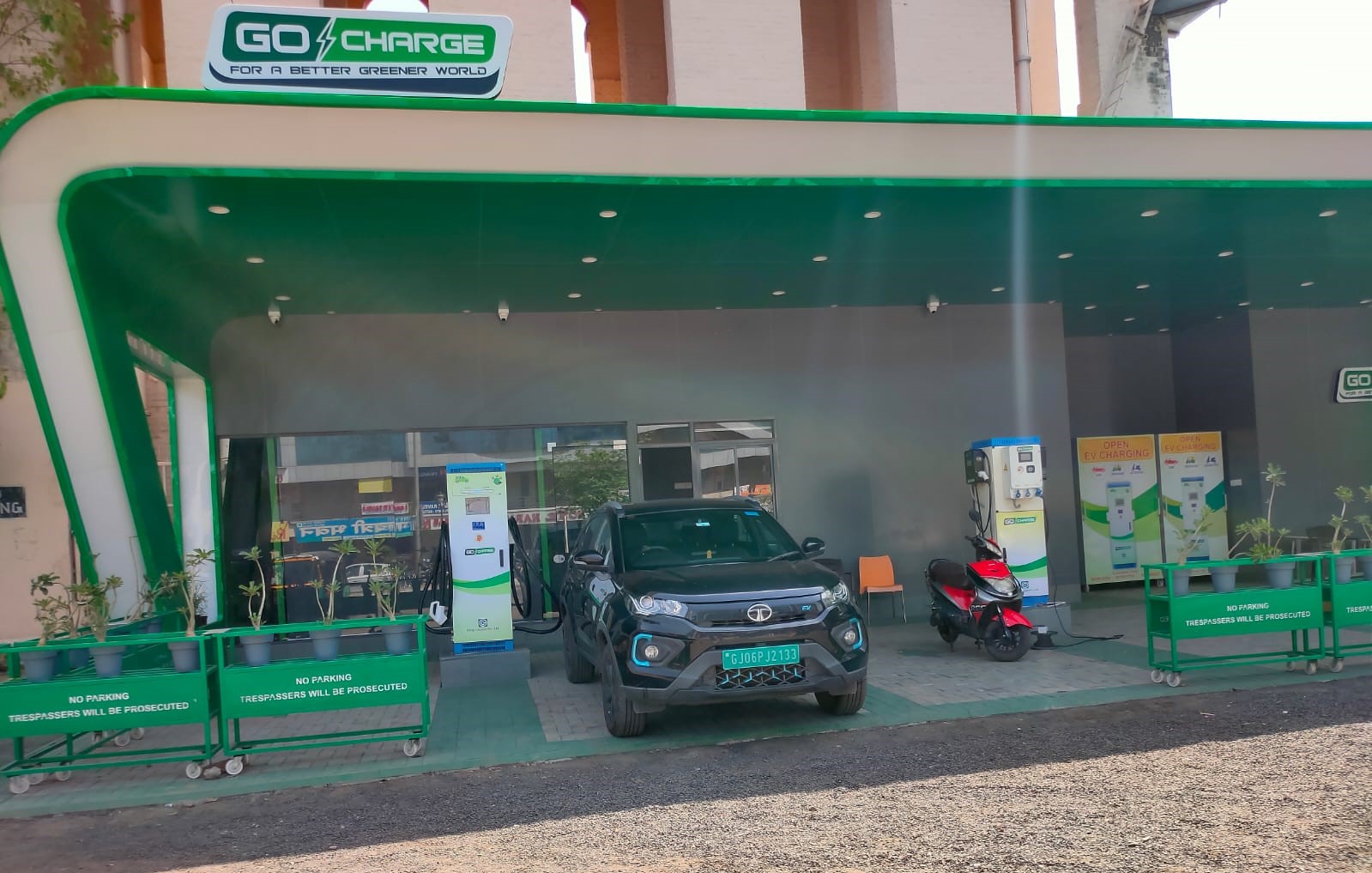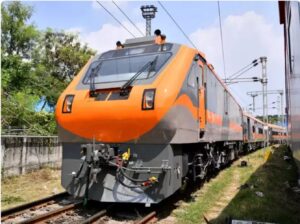The Vadodara railway station in India has taken a step towards clean and green energy with the installation of an electric vehicle (EV) charging facility. This is the first-of-its-kind EV charging facility over Indian Railways, and it offers petrol pumps, drinking water, and washroom facilities for the users. The facility can charge up to 10 EVs at a time, making it a much-needed addition for EV users who can now get charging facility at an important location.
Sumit Thakur, the Chief Public Relations Officer of Western Railway, stated that the EV charging facility has been installed under Non Fare Revenue (NFR) contract and will generate revenue to the tune of approximately Rs. 35 lakhs. This installation marks the eighth railway station in Vadodara Division to be equipped with the EV charging facility, thus, giving a boost to the government’s vision of building an EV ecosystem. Furthermore, such facilities are also available at Makarpura, Utran, Dabhoi, Karamsad, Kharsaliya, Ranoli & Modasa on the Vadodara Division, with more facilities planned for installation.
This move towards green energy is a significant step for India, which has been working towards reducing its carbon footprint and embracing renewable sources of energy. The installation of EV charging facilities at key locations such as railway stations will encourage more people to shift to EVs, as it will make charging their vehicles more accessible and convenient. The government’s push towards building an EV ecosystem is part of its larger goal of reducing the country’s dependence on fossil fuels and mitigating the harmful effects of climate change.
In conclusion, the installation of the EV charging facility at Vadodara railway station is a positive development for India’s journey towards green and clean energy. The move will encourage more people to adopt EVs and contribute towards reducing the carbon footprint of the country. This is a significant step towards building an EV ecosystem that is essential for reducing India’s dependence on fossil fuels and mitigating the harmful effects of climate change.
























